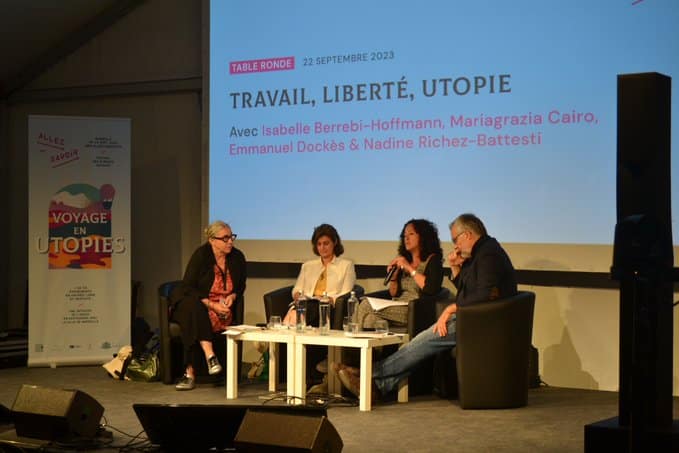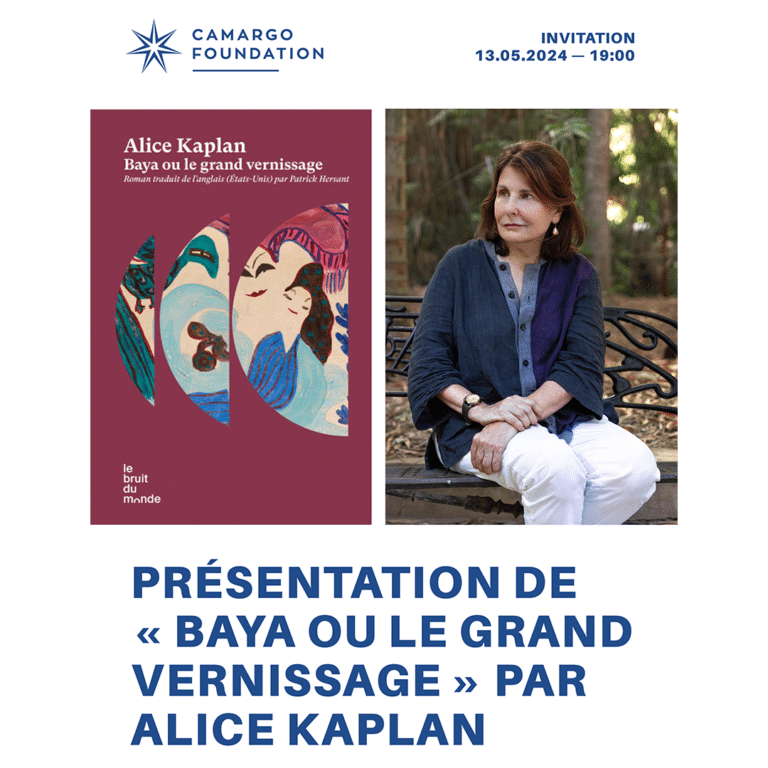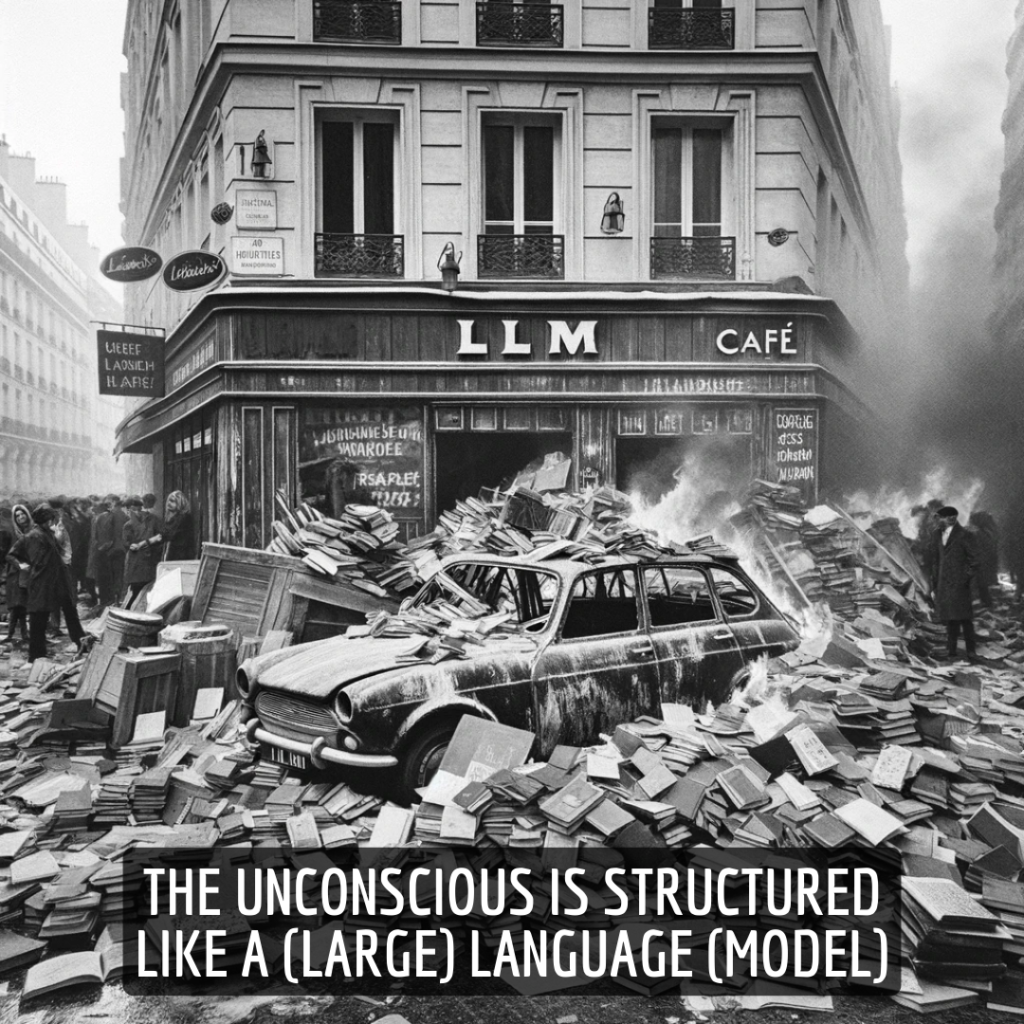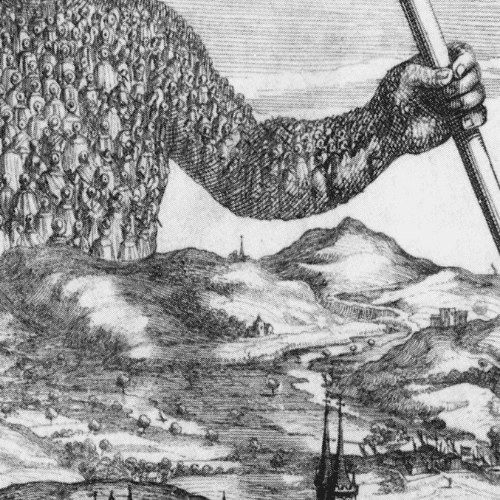From September 21st to 25th, 2023, the EHESS in collaboration with the city of Marseille, organized the third edition of the Allez Savoir social sciences festival. The festival featured a diverse program comprising debates, guided tours, museum encounters, performances, readings, screenings, and educational activities, all centered around the theme of utopias. Rania Stephan, a long-term research resident at Iméra, Enrico Donaggio, the scientific director of Iméra, and ArTLib were among the participants.
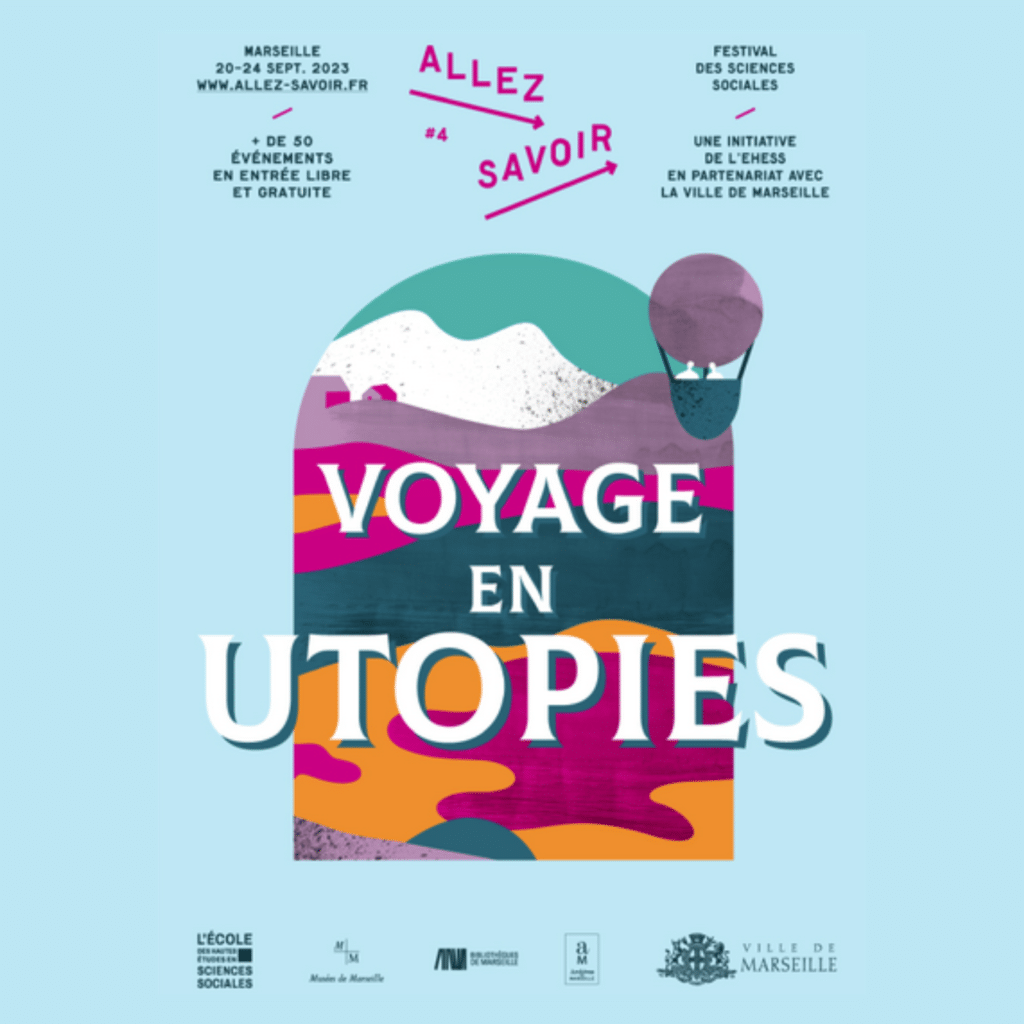
Rania Stephan and Utopian Museums in the Mediterranean
The Museum of History in Marseille served as the venue for the panel discussion titled “A Place to Be: Utopian Museums in the Mediterranean,” in which Rania Stephan participated. This discussion provided a platform to explore artistic projects that manifest as utopias through the lens of museums, thereby redefining the Mediterranean landscape. The questions raised during this panel prompted reflections on how imaginary museums can serve as havens for invisible populations, how memory can be preserved in the absence of archives, and how the museum apparatus can be employed to assert recognition and representation.
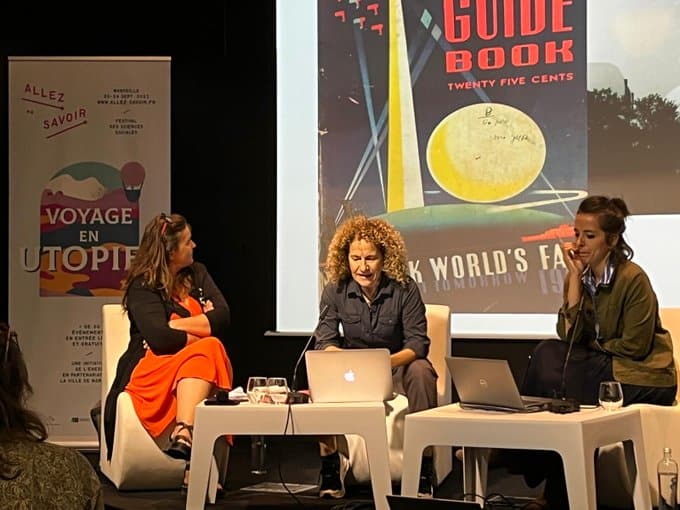
ArTLib: How Do Utopias Translate into the Realm of Work?
The session titled “Work, Freedom, Utopia” was led by Enrico Donaggio, the scientific director of Iméra, featuring participation from members and collaborators of the Research Workshop on Work and Liberties (ArTLib): Nadine Richez Battesti, Mariagrazia Cairo Crocco, Emmanuel Dockes, and Isabelle Berrebi Hoffmann.
Utopias often emerge during times of crisis and uncertainty, embodying the desire for a different world and the willingness to experiment with new ways of living. Some utopias describe a society that does not yet exist, while others are “real utopias” (Wright, 2017) that strive to materialize concretely and collectively in specific spaces—counter-spaces that juxtapose, within a real location, various spaces and times (Foucault, 2009). These counter-models are integral to the discussion.
This session sought to understand how these utopias manifest in the realm of work, individual and collective freedom, the organization of norms in communal living, and the invention of spaces.
